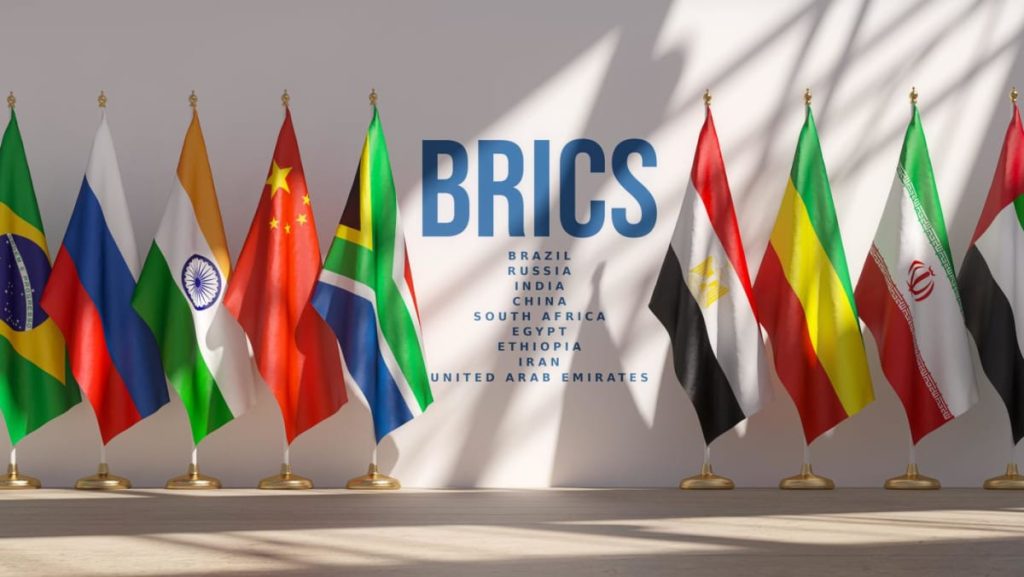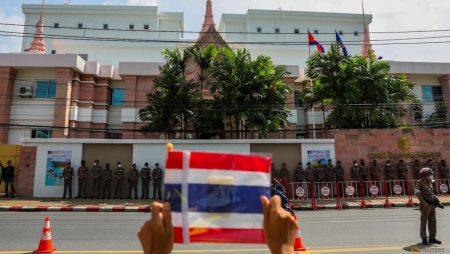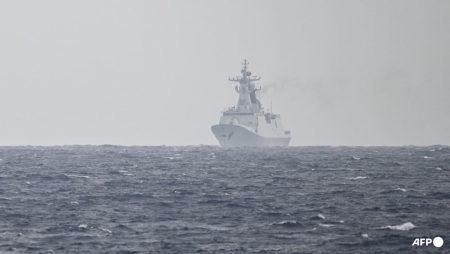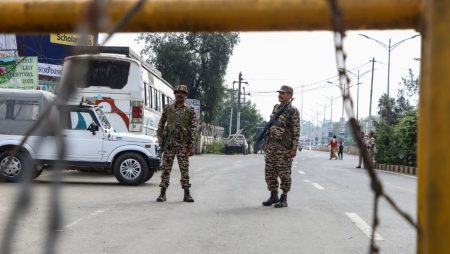Indonesia’s accession to BRICS in 2024 marks a significant development in the country’s foreign policy trajectory, reflecting a strategic move to enhance its global standing and influence within the evolving multipolar world order. The decision, spearheaded by the newly elected President Prabowo Subianto, underscores Indonesia’s commitment to strengthening South-South cooperation and amplifying the voices of developing nations in international decision-making processes. The Ministry of Foreign Affairs emphasized Indonesia’s active engagement with the bloc over the preceding years, including participation in BRICS summits, as key factors leading to its successful membership bid. This integration into BRICS aligns with Indonesia’s broader foreign policy goals of promoting economic resilience, fostering technological collaboration, advancing sustainable development, and addressing pressing global challenges.
Indonesia’s entry into BRICS offers a platform to collaborate with major emerging economies on issues of mutual concern. These include tackling climate change, ensuring food security, improving public health, and strengthening global governance frameworks. By joining this influential bloc, Indonesia aims to leverage the collective power of its members to advocate for a more equitable and just international system, one that adequately reflects the needs and aspirations of developing countries. The move signifies not only a pursuit of economic benefits but also a proactive stance on shaping the future global landscape.
The Indonesian government views BRICS membership as a crucial step in advancing its foreign policy objectives. The Ministry of Foreign Affairs has highlighted the importance of BRICS as a platform for fostering South-South cooperation, ensuring the concerns of developing nations are effectively addressed in global forums. Indonesia’s commitment to collaborating with fellow BRICS members signifies a dedication to multilateralism and a belief in the power of collective action to address complex global challenges. The government’s proactive approach demonstrates a clear vision for Indonesia’s role on the world stage, emphasizing partnerships and shared responsibility in shaping a more sustainable and prosperous future.
This membership signifies a substantial achievement for the Prabowo administration, showcasing its commitment to elevating Indonesia’s international profile and actively engaging in global affairs. Described as a “swift achievement” by government officials, the move reflects President Prabowo’s prioritization of foreign policy and his dedication to fostering strong international partnerships. His extensive international engagements and participation in various forums prior to assuming office demonstrate a well-informed and proactive approach to global diplomacy. This decisive move to join BRICS underlines the administration’s focus on strengthening Indonesia’s position in the global arena and contributing to a more balanced and inclusive world order.
BRICS, initially formed in 2009 with Brazil, Russia, India, China, and South Africa, has evolved into a significant force in the global landscape. Its expansion to include new members like Egypt, Ethiopia, Iran, and the United Arab Emirates, and now Indonesia, signifies its growing influence and appeal to nations seeking alternative avenues for economic and political cooperation. The bloc, comprised of non-Western countries, represents a substantial portion of the global population and economic output. This collective strength allows BRICS to challenge the traditional dominance of Western powers in international affairs, advocating for a more multipolar world order and a greater voice for developing nations in shaping global governance. The bloc’s increasing prominence reflects a shift in global power dynamics and the emergence of new centers of economic and political influence.
However, Indonesia’s entry into BRICS is not without potential challenges, particularly considering the evolving geopolitical landscape and the stance of other major global players. The threat of potential trade tariffs by former US President Donald Trump against BRICS nations considering a new currency to rival the US dollar highlights the complexities of navigating international relations and the potential economic repercussions of challenging established financial systems. This situation underscores the need for careful consideration and strategic planning by Indonesia to mitigate potential risks and maintain a balanced approach in its international relations. The evolving global landscape and the interplay of various economic and political forces necessitate a nuanced and adaptable foreign policy approach.










